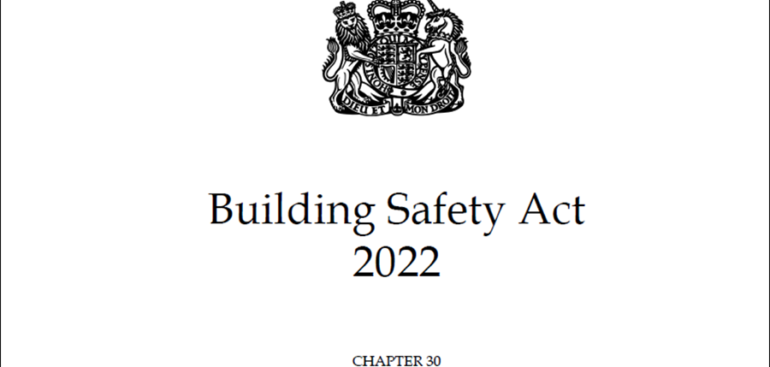The UK property market has always been a lucrative industry, attracting investors from across the globe to invest their money in the UK property market. However, in recent years there has been an increasing need to implement new regulations to ensure that all property sales in the UK are transparent and legal. One such regulation that has been introduced is the need for overseas entities to register with the UK government when purchasing property.
The UK government implemented this regulation to tackle the issue of money laundering and tax evasion. In the past, it was common for overseas entities to purchase high-value properties using offshore companies to hide their identity and avoid paying taxes. This behavior not only enabled illegal activities but also drove up the prices of properties, making it difficult for UK citizens to enter the housing market. To address this problem, the UK government mandated that all overseas entities must register with the UK government when purchasing property valued over £100,000.
The registration process requires the overseas entity to provide personal and financial information, which is then entered into a public register. This registration not only ensures that the UK government can track the ownership of each property, but it also makes it easier for law enforcement agencies to investigate any illegal activities related to the property.
Another significant benefit of registering overseas entities is to increase transparency in the UK housing market. By disclosing the ownership of properties through the public register, potential buyers can evaluate the legal status and history of the property before purchasing. It also ensures that estate agents and solicitors follow proper procedures when closing deals, which helps build faith in the property market.
However, registering overseas entities isn’t without criticism. Some investors believe that the registration process creates additional red tape that can deter investors and negatively impact the housing market. Others argue that the £100,000 limit is too low and should be raised.
While there may be some challenges, it is important to note that the need for overseas entities to register for property sales is a positive step towards improving the UK housing market. By creating a more transparent and legal system, the government can ensure that the UK property market remains a fair and accessible investment opportunity for all. Furthermore, the regulations protect UK citizens by preventing illegal activities such as money laundering and tax evasion.
In conclusion, the need to register overseas entities for property sales in the UK is a crucial requirement that ensures the protection of UK citizens and the integrity of the UK property market. While there may be criticism surrounding the regulations, the benefits outweigh the challenges. It is essential that all investors, including overseas entities, follow these regulations to create a healthy and transparent UK property market.
We are authorised to register overseas entities at Feltons. Please contact us if you are buying or selling through an overseas entity before you engage in a sale or purchase. We can also deal with the conveyancing.



